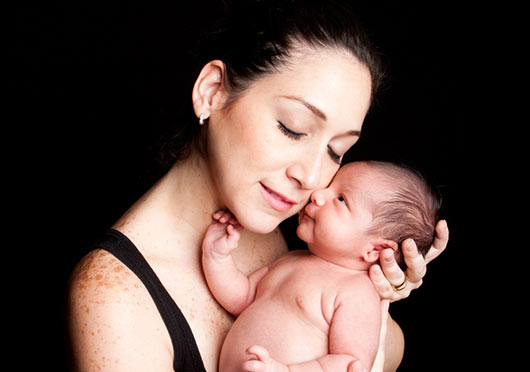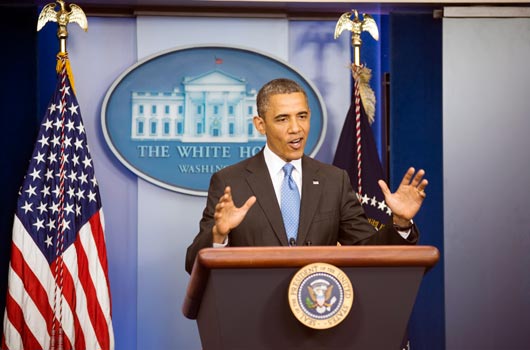 November’s election outcomes were a decidedly big step for Latino voices around the country, prompting equal doses of cheers and celebration for some, and a rude awakening to reality for others. The votes of Latinos and women of color were pivotal in some of the most hotly-contested battleground states, a signal of the increasing engagement of these groups in the civic life of the country.
November’s election outcomes were a decidedly big step for Latino voices around the country, prompting equal doses of cheers and celebration for some, and a rude awakening to reality for others. The votes of Latinos and women of color were pivotal in some of the most hotly-contested battleground states, a signal of the increasing engagement of these groups in the civic life of the country.
Yet, while the numbers of Latinos just elected to office is quite impressive and unprecedented, the big picture is still dismal: Out of all 31 newly-elected or re-elected Senators, only three are Latino—Ted Cruz (R-TX), Marco Rubio (R-FL) and Robert Menendez (D-NJ). Out of all Latinos who will now join the House of Representatives (28), only nine are women—including newly-elected Gloria Negrete McLeod (D-CA-35) and Michelle Lujan Grisham (D-NM-01).
The numbers pale even more when compared to the total number of women making up the chambers: An all-time high total of 20 women (16D, 4R) will serve in the Senate, and there will be a record of at least 77 women (57D, 20R) in the U.S. House. In spite of these outstanding numbers, only two new Latinas will be joining the lower chamber for a paltry total of nine. This, out of 25 million Latinas in the U.S.
Read Related: Why Are There Not More Latinas in Congress?
This is obviously not an attempt to knock the hard-won victories of our elected representatives; quite the contrary. Running for office is no joke, so I applaud and celebrate their victories. But we still need more representation at the highest levels of government. With so many issues relevant to our community—immigration, health care and the economy among them—we need to make sure Latinos continue to be part of the national conversation and make it to the bargaining table, and that these issues are not hijacked by special interests or worse, by hate-driven interests. We need more representation, period—male and female.
According to the study Men Rule—The Continued Under-Representation of Women in U.S. Politics, conducted earlier this year by the Women & Politics Institute School of Public Affairs at American University, when women run for office, they perform just as well as their male counterparts. In terms of fundraising receipts, vote totals, or electoral successes, both male and female candidates have similar outcomes. Even when sampled by political ambition and by demographics, Latinos and Latinas fare roughly equal (7%). So why don’t more of us run for office?
We can speculate that many in our community don’t run because of the lack of role models or because many may think they are not qualified to run for office. We can blame it on the fact that our population is still coming to grips with its identity within the country, but that, in my opinion, is a fading issue. No more excuses; it’s time for us to get involved.
And you don’t even have to run for higher offices to have an impact: Is there a local issue that drives you crazy? Do you believe you have better solutions for the problems that affect our community? Don’t just sit there, run! Run for school board, city council, or county commission. There are a handful of organizations that can help you, like Latinas United for Political Empowerment (LUPE), the Congressional Hispanic Leadership Institute’s Future Leaders Program, and the U.S. Hispanic Leadership Institute’s Candidate Training Program. Given the burgeoning political engagement in our community, we can expect the demand for these trainings to soon exceed the supply. I urge you to check these out, and to please share anyone you know who may be interested.
We urgently need more Latinos and Latinas at decision-making tables—who can participate and give voice to their communities when bills are being proposed, drafted and voted on. We need Latinos and Latinas in every state and federal office, working hard to make sure laws don’t continue to marginalize our community. While the 2014 congressional campaigns and the 2016 Presidential election may both seem too far off our radar to register, the time to start grooming our next leaders and ensure a safe, fair future for our communities is right now.











